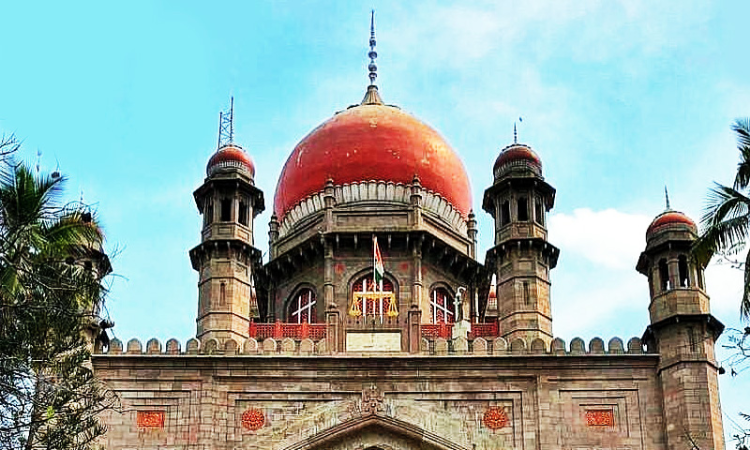Telangana High Court Upholds Preventive Detention Of Man Accused Of Duping Poor Farmers
Shrutika Pandey
5 July 2021 5:15 PM IST

Next Story
5 July 2021 5:15 PM IST
Observing that white-collar crimes against poor farmers should be dealt with an "iron hand" and not leniency, the Telangana High Court upheld preventive detention of a man accused of duping farmers of their hard-earned agricultural produce."Majority of the farmers in our country are illiterate/rustic and have no resources and cannot afford indulging into litigation and they shall not lose...
